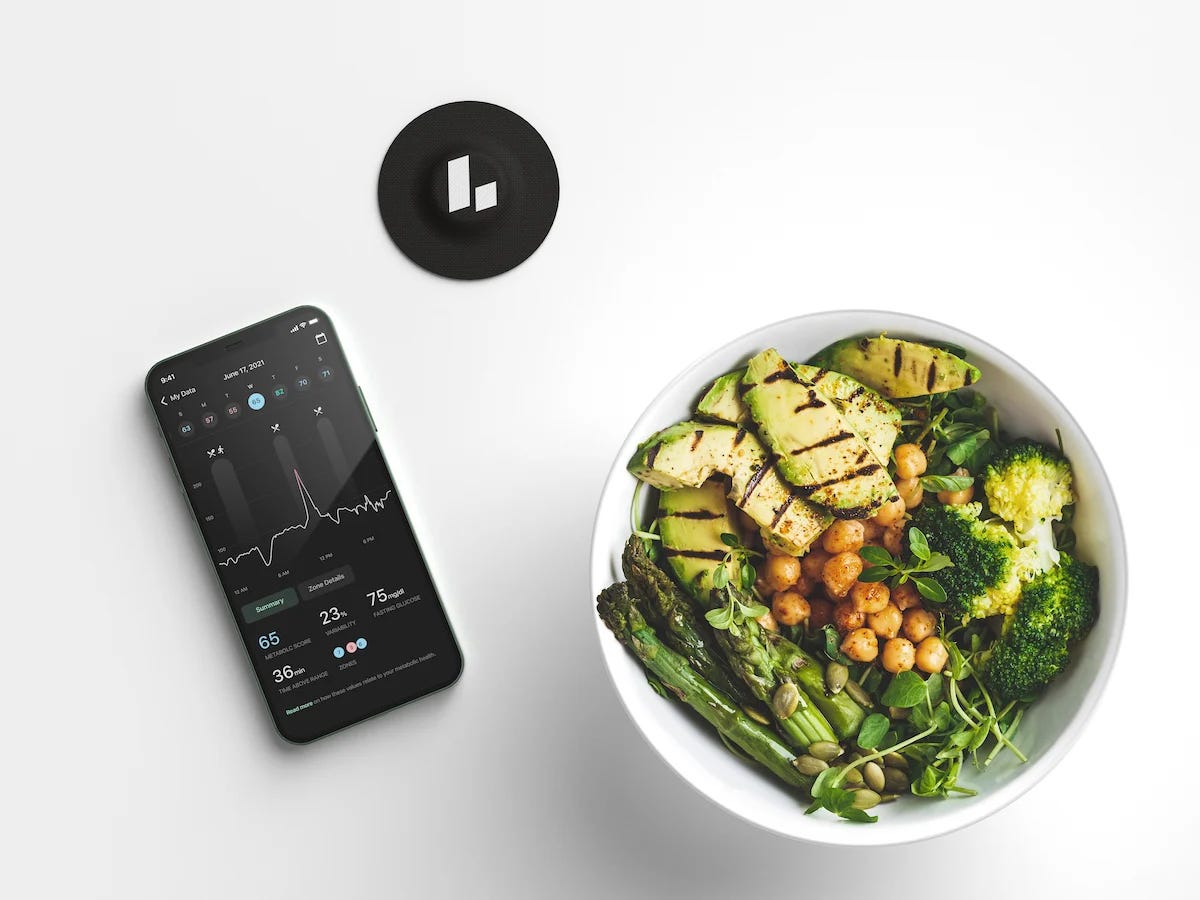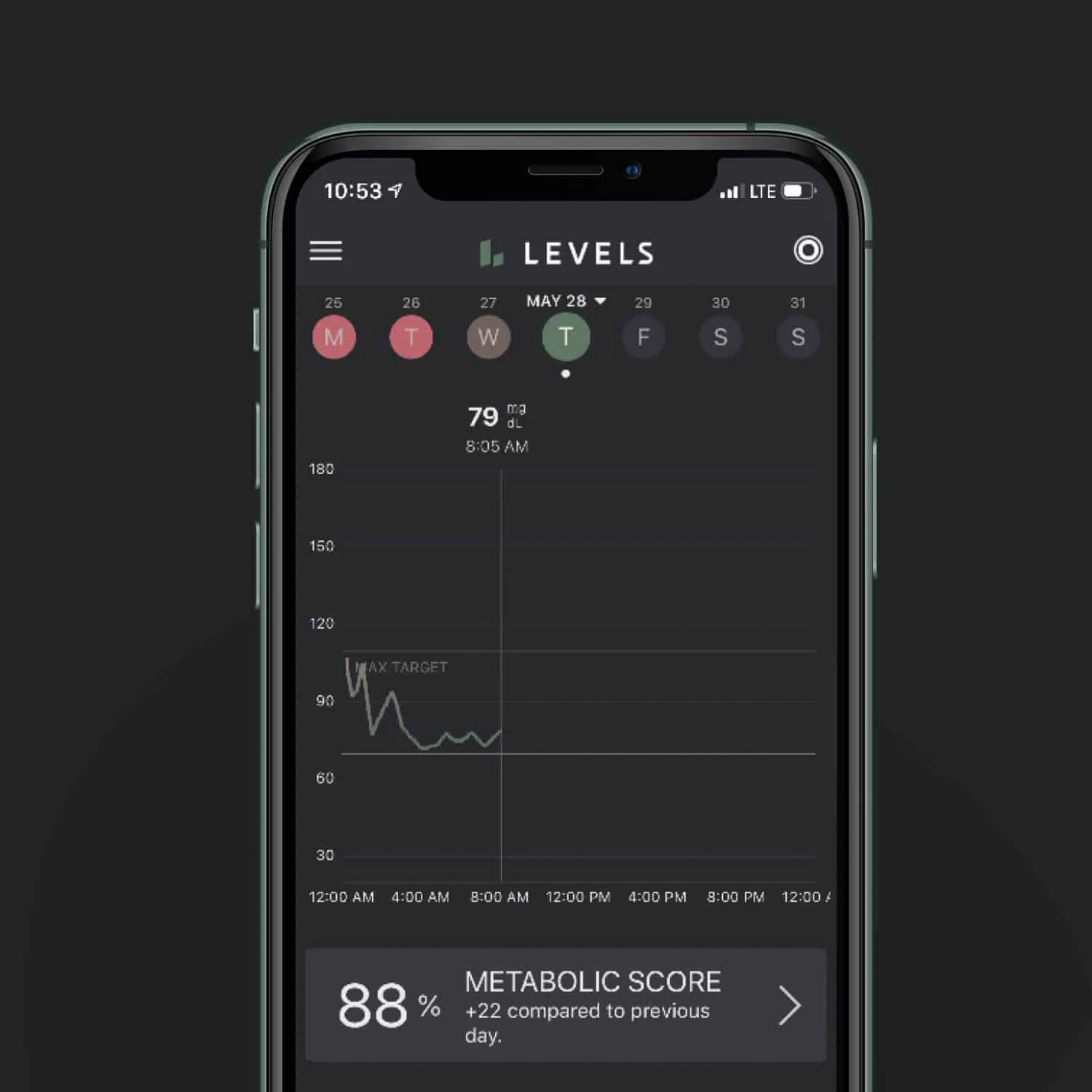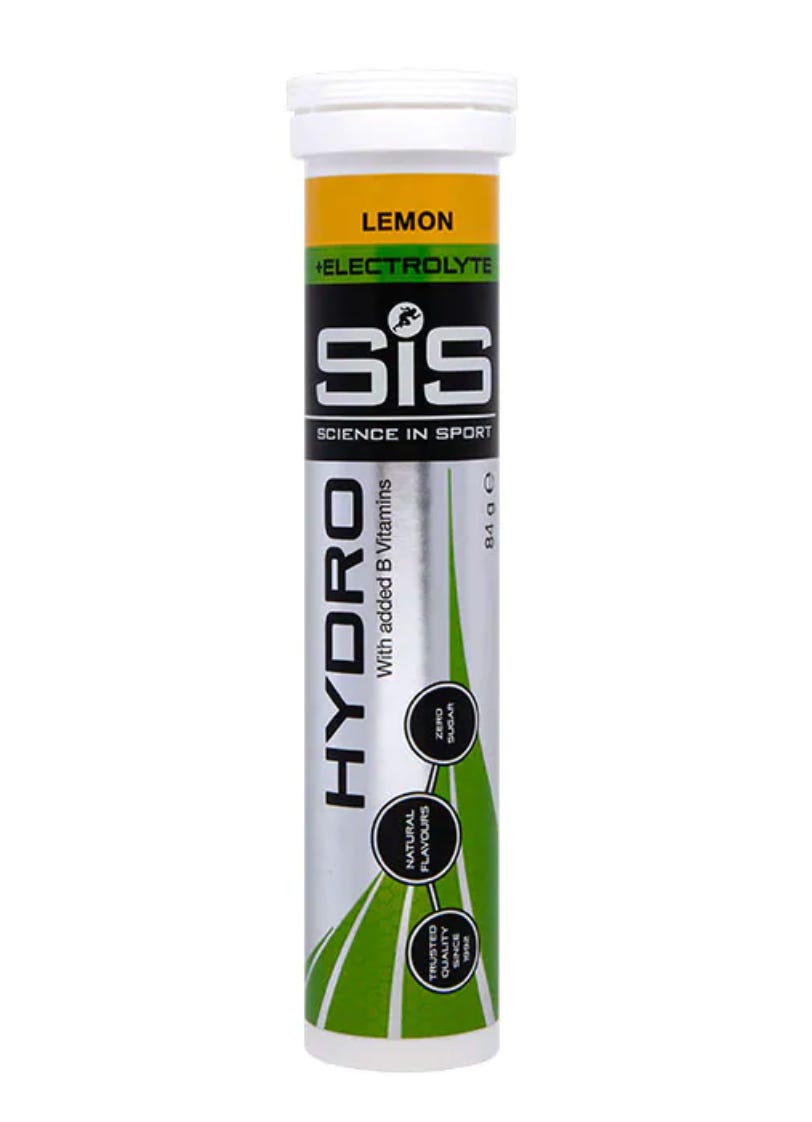The Science Behind Peak Performance: Sleep, Hydration, and Blood Glucose
The Holy Trinity of Performance Enhancement
“What get’s measured, get’s managed.” Someone
A few weeks ago I found out that medical misdiagnosis is the third most common cause of death.
Yep.
The third most likely reason someone dies is that they have been misdiagnosed by a clinical professional (or a team of clinical professionals).
Now, as a former medical professional, this isn’t surprising.
The human body is an unfathomably complex organism, but we are still far from fully understanding it’s nuances.
But over the past 10 years we have taken some huge leaps towards understanding variables that impact our day to day performance, our relative day-to-day happiness, but also general lifespan and longevity.
Over the past few years, I’ve found that there are 3 key variables that have the most significant impact on my ability to perform at the highest level.
Whether that is cognitively, or physically, if even one of these 3 variables is knocked out of whack, you will not be able to perform to your absolute peak potential.
1. Blood Glucose
2. Hydration
3. Sleep
Blood Glucose
Blood glucose levels are crucial for optimal cognitive and physical performance.
Glucose is the primary fuel source for our brains and muscles, and maintaining stable blood glucose levels is essential for maintaining energy, focus, and productivity throughout the day.
Glucose is the body’s main source of energy and a critical component of metabolic health.
While some glucose comes from the food you eat, your body can also tap into it in the form of glycogen, which is a type of sugar that’s stored in your muscles or liver.
When glycogen stores are depleted, the body can also produce glucose through a process called gluconeogenesis.
When you need energy, your cells will first attempt to pull glucose from your bloodstream.
For metabolic health, you want to achieve low glycemic variability, meaning that your glucose levels remain fairly steady.
Optimally, glucose levels should stay somewhere between 72 mg/dL and 110 mg/dL at all times; your post-meal glucose shouldn’t be more than 30 mg/dL higher from your pre-meal level. (Per the American Diabetes Association, anything below 140 mg/dL is normal.)
Chronically high blood glucose can damage your health in several ways.
It can lead to insulin resistance—a condition in which your cells stop responding to insulin, the hormone that helps shuttle glucose into the cells for energy.
Advanced insulin resistance can ultimately become prediabetes or Type 2 diabetes.
But it can also contribute to processes such as inflammation, oxidative stress and glycation, which underlie many other chronic diseases, including Alzheimer’s and cancer.
But keeping blood sugar from spiking and then plummeting is important, too: while consistently high blood sugar is well known to be dangerous, research shows that major fluctuations might also be damaging: Scientists from the UK found that people whose blood sugar fluctuated more every six hours had higher levels
of oxidative stress and endothelial dysfunction (blood vessel damage) compared to those whose glucose levels stayed steadier throughout the day, and even those who had high but steady glucose.
Meanwhile, other studies have linked wide glucose variability to a higher risk of heart disease and Type 2 diabetes.
That’s likely because large swings in blood sugar, over time, pave the way for insulin resistance. And, in the short-term, they can make you feel lousy by being associated with feelings of anxiety, fatigue, irritability and increased cravings.
So how do you keep your blood sugar at optimal levels?
Levels
Well for the past month I’ve been monitoring my blood glucose levels with Levels.
Levels is a continuous glucose monitoring system that tracks glucose levels in real-time using a small sensor that is worn on the back of the arm.
The system is super easy to use and (I can fully attest to this), absolutely painless!
In a few clicks, you have an easy to access monitor that allows you to track blood glucose super easily through your phone!
Levels uses a scoring system to help you understand how your food choices and lifestyle habits are impacting your blood glucose levels.
The scoring system is based on the user's unique metabolic response to different foods and activities - which you track within the app so you can easily see what spikes and impacts your blood glucose the most.
The app provides personalized recommendations on how to improve metabolic health by optimizing blood glucose levels.
This includes suggestions for dietary changes, exercise routines, and lifestyle modifications.
If you’ve ever tracked your food in an app like MyFitnessPal, this is the exact same process.
The aim to get a much more personalised view of how your own body reacts to different food and drink types.
If you want to get early access to Levels, you can add your name to their waitlist!
Sleep
Sleep is crucial for both physical and cognitive performance because it is the time when our bodies and brains recover, regenerate, and recharge.
It allows us to consolidate memories, process information, and improve our learning and decision-making abilities.
When we don't get enough sleep, we feel groggy, irritable, and have trouble focusing, which can negatively impact our productivity and performance.
Sleep is absolutely essential for physical recovery and growth.
During sleep, our bodies produce growth hormones that repair tissues, build muscles, and strengthen our immune system.
It also helps regulate our metabolism, blood pressure, and heart rate, which are important for overall health and well-being.
On the other hand, when we don't get enough sleep, our bodies produce stress hormones that can increase inflammation, impair our immune system, and make us more susceptible to illnesses and diseases.
It can also lead to weight gain, obesity, and other health problems.
Therefore, it is important to prioritize and maintain a healthy sleep routine.
This includes getting 7-9 hours of sleep per night, going to bed and waking up at consistent times, avoiding caffeine and alcohol before bedtime (my cut-off is 2pm as the half-life for caffeine is 6h), and creating a comfortable sleep environment.
By doing so, you can improve your physical and cognitive performance, increase your productivity, and enhance your overall quality of life.
How can you track sleep quality?
Oura Ring
The Oura Ring is a wearable device that tracks sleep and other health metrics. It is a ring-shaped device that you wear on your finger while sleeping.
The ring uses sensors to track your heart rate, body temperature, and movements while you sleep.
It then uses this data to provide insights into the quality of your sleep and make recommendations on how to improve it.
Ultimately, the Oura Ring helps you to identify patterns in your sleep and make adjustments to your sleep routine to optimize your sleep quality.
By improving your sleep quality, you’re giving yourself the absolute highest chance to increase your productivity, cognitive function, and overall well-being.
Hydration
Hydration is essential for optimal physical and cognitive performance.
Water makes up approximately 60% of our body weight and is critical for maintaining proper bodily functions, including regulating body temperature, transporting nutrients and oxygen, and removing waste products.
Dehydration, even at mild levels, can negatively impact cognitive function and physical performance, leading to fatigue, headaches, and decreased alertness.
This is exactly why you perform like a sack of shit the day after a big sesh!
According to Dr Andrew Huberman, to maintain an ideal level of hydration, you want to aim to drink approximately 300ml (a soda can size) of water every hour for the first 10h of the day.
However, water isn’t the only variable in the whole hydration game.
If any of you have ever done any long distance exercise, you’ll know that the other part of the hydration equation is electrolytes.
Electrolytes (posh word for salts), are what modulate how hydrated the cells of your body are.
So actually, they are effectively more critical.
Without electrolytes, you wouldn’t need water because it wouldn’t be able to enter or exit the cells of your body anyway.
So just to hammer this home, electrolytes are super important.
They are also intimately linked to sleep.
If your magnesium and zinc levels are fucked up (lower than optimal), your hydration levels will suffer, and so will your sleep.
I supplement with two things to ensure my performance (both physical and cognitive) are optimised daily.
Every morning I start with a tall glass of water with a dissolvable electrolyte tablet - I like these SiS Go Hydro Tablets Lemon.
Important to note that these can frequently come with caffeine in (for sports) - so I stay away from those.
In the evening, I also take 2 x ZMA (ZMA® Capsules 810mg) 1h before I head to bed.
In my experience, if you are able to get a grasp on your diet, sleep and hydration - there is absolutely no reason why you cannot operate at superhuman levels of performance!
But, if life were that simple….we’d all be superhuman eh!
Do your best and forget the rest!
Remember, aim up.
Tom










